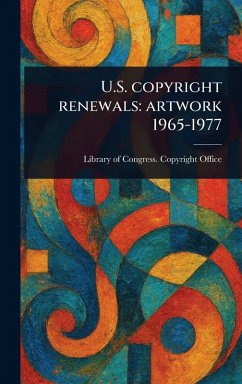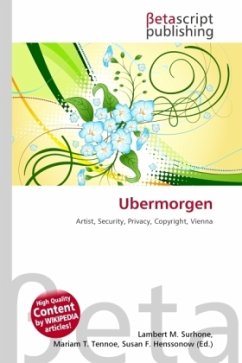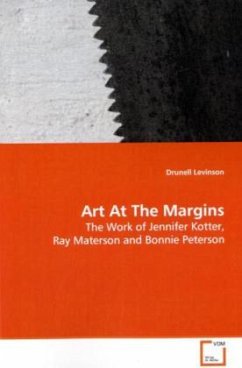
GRASSROOTS VOICES ON THE U.S.-CHINA COPYRIGHT DISPUTES
THE CHINESE CULTURAL PERCEPTIONS OF INNOVATION, FAIR USE, AND THE PUBLIC DOMAIN
Versandkostenfrei!
Versandfertig in 6-10 Tagen
52,99 €
inkl. MwSt.

PAYBACK Punkte
26 °P sammeln!
For three decades, the U.S.-China copyright disputes have been going on with very trivial commendable achievements in terms of the annual U.S. revenue loss of $3 billion due to the U.S.-declaimed 90% copyright piracy rate in all sectors in China. A systematic misunderstanding has been created between the two sides because the USTR has been culturally insensitive and habitually belligerent and the Chinese side has been strategically cooperative and tactically resistant. The research findings of this qualitative study based on the in-depth interviews of 45 copyright holders and ordinary consumer...
For three decades, the U.S.-China copyright disputes
have been going on with very trivial commendable
achievements in terms of the annual U.S. revenue
loss of $3 billion due to the U.S.-declaimed 90%
copyright piracy rate in all sectors in China. A
systematic misunderstanding has been created between
the two sides because the USTR has been culturally
insensitive and habitually belligerent and the
Chinese side has been strategically cooperative and
tactically resistant. The research findings of this
qualitative study based on the in-depth interviews
of 45 copyright holders and ordinary consumers in
China via the theoretical lenses of the theory of
reasoned action, strategic and tactical resistance,
theory of hegemony as well as Hofstede s cultural
dimension of individualism and collectivism, on one
hand, reveal the profound and complex Chinese
reality for the rampant copyright piracy phenomenon
and, on the other hand, provide constructive and
valuable solutions to the recurring U.S.-China
copyright disputes.
have been going on with very trivial commendable
achievements in terms of the annual U.S. revenue
loss of $3 billion due to the U.S.-declaimed 90%
copyright piracy rate in all sectors in China. A
systematic misunderstanding has been created between
the two sides because the USTR has been culturally
insensitive and habitually belligerent and the
Chinese side has been strategically cooperative and
tactically resistant. The research findings of this
qualitative study based on the in-depth interviews
of 45 copyright holders and ordinary consumers in
China via the theoretical lenses of the theory of
reasoned action, strategic and tactical resistance,
theory of hegemony as well as Hofstede s cultural
dimension of individualism and collectivism, on one
hand, reveal the profound and complex Chinese
reality for the rampant copyright piracy phenomenon
and, on the other hand, provide constructive and
valuable solutions to the recurring U.S.-China
copyright disputes.












